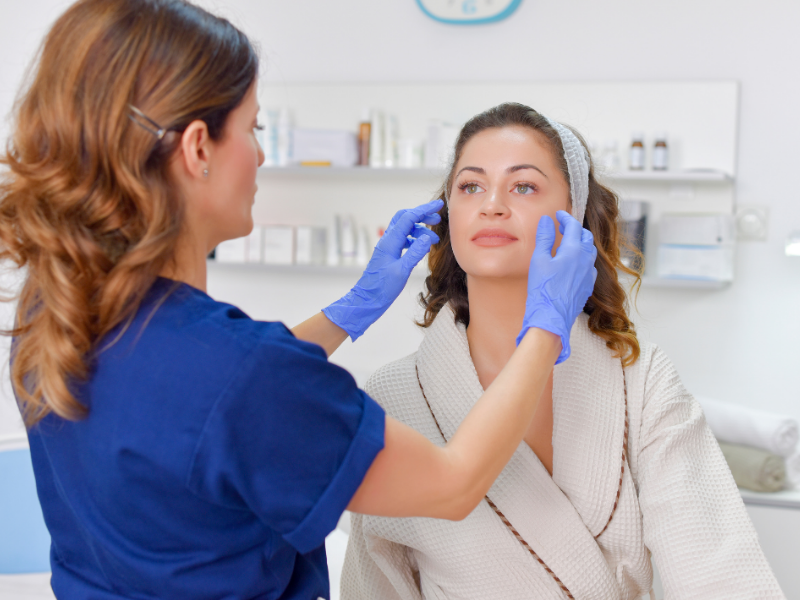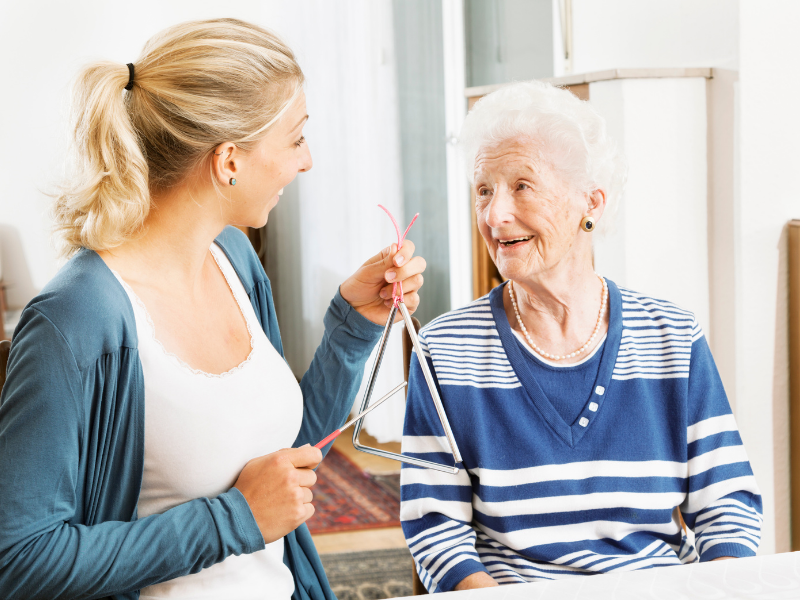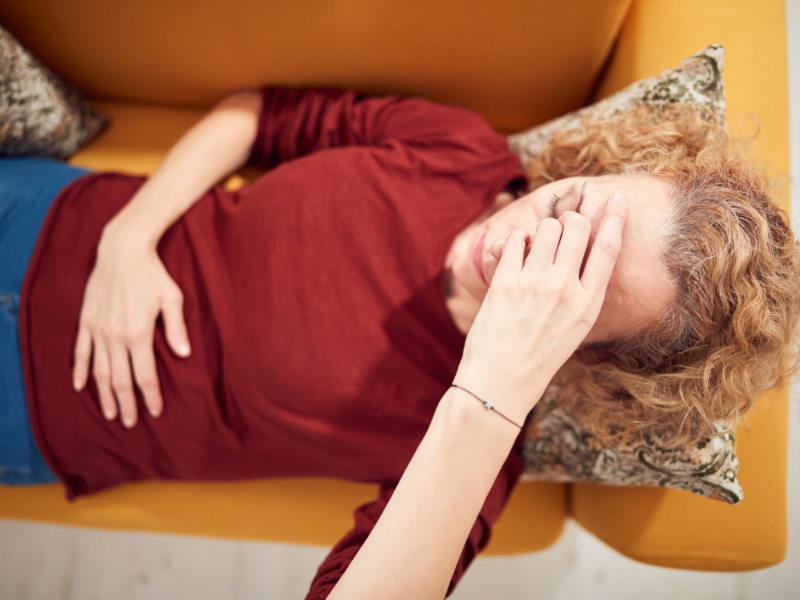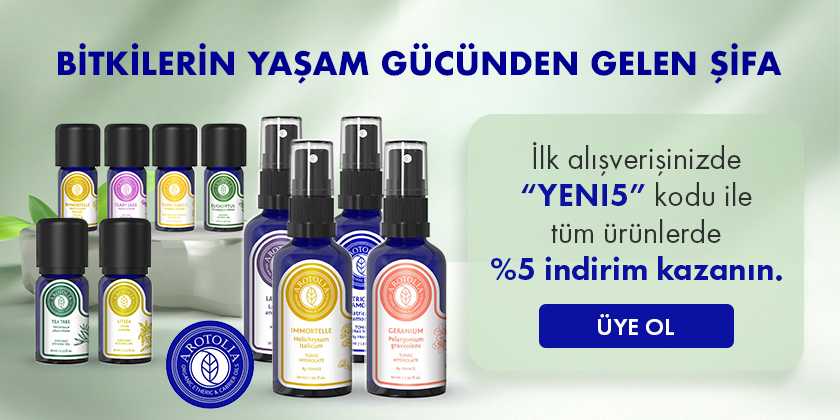
Pre-Operative Aromatherapy
Have you ever had an operation for a surgical intervention? If your answer is yes, you probably know the definition of anxiety before surgery. As someone who has had two surgeries, I can say that this recipe never stops reminding itself, even if you have full confidence in your doctor and yourself. But did you know that severe anxiety before surgery delays recovery after surgery? Here, healing is not only associated with wound dressing, but also with conditions such as high postoperative pain level, decreased ability to resist infections, negative impact on the patient's mood, and increased hospital stay. The pre-operative anxiety that causes all of this has an exciting solution. Aromatherapy sessions with quality oils, in the right dose and duration!
An article on this subject was published in the "Iran Journal of Nursing and Midwifery Research". Researchers use aromatherapy; treats it as the use of volatile and unstable oils obtained from aroma plants for medicinal purposes. With this in mind, they are striving to turn their sessions into a clinical trial on thoracic and abdominal surgery patients admitted to two different hospitals in Ahvaz.
They selected the participants to be included in the study from patients over the age of 18 who were admitted to the hospital the night before surgery and scored higher than 20 on the anxiety questionnaire. As the anxiety questionnaire, they used the Speilberger inventory, whose validity is accepted all over the world. Accordingly, below 20 points indicates that there is no anxiety, and above 80 points indicates the highest level of anxiety.
In addition, patients with various allergies or diagnoses such as olfactory disorders were not included in the study for the sake of transparency of the data.
Incidence is the number of cases of a particular disease or diseases in a particular group, and the incidence of preoperative anxiety in adult patients ranged from 11-80%. They created a 4-stage data questionnaire in order to recognize and correctly assess the patients. The first stage included demographic information such as age, gender, monthly income, education level, occupation, place of residence, and mental state. Data related to the disease such as the history of hospitalization in the second stage, surgery, duration of hospital stay before surgery, type of surgery, type of disease and drugs consumed were included. In the third stage, the anxiety inventory was filled. The fourth part of the questionnaire included the recording of vital signs.
Aromatherapy sessions were carried out by inhalation (inhalation) and using lavender oil. Lavender is one of the oldest and most suitable plants to use among aromatic plants. Some of its effects are carminative, bloating, muscle relaxant and analgesia, ie pain relief without loss of consciousness. They filled out the entire questionnaire I mentioned before and after the sessions and recorded the data for all patients. They analyzed and compared the data using bioinformatics methods.
Before starting, they divided the patients into case and control groups. While applying lavender oil sessions to the case group, only water was inhaled to observe the placebo effect in the control group. While the mean anxiety level was 51.00 before the intervention in the case group, it decreased to 38.61 after the intervention. While it was 50.67 before the intervention in the control group, it reached 49.53 after the intervention.
The scent of aroma activates olfactory nerve cells and motivates the limbic system. Depending on the type of aroma, nerve cells secrete different neurotransmitters. These neurotransmitters include the hormones encephalin, noradrenaline and serotonin. These hormones have properties such as affecting the heartbeat and giving people a feeling of well-being. In short, odors have the potential to change emotions in humans. Especially in studies on lavender aroma, it has been determined that it has narcotic and sedative properties. In addition, an acid in lavender was determined to have similar anti-anxiety effects with benzodiazepines, which are pharmacological drugs used to reduce anxiety.
The main purpose of preoperative care is to prepare the patient mentally and physically for surgery. At this point, anxiety is the most common situation that nurses encounter. In some countries, such as the United States, aromatherapy practices have become a legal part of nurses' patient care. The results of this study showed that inhalation aromatherapy had positive effects on reducing anxiety in the patient before surgery.
When aromatherapy applications reach a universal position in this field, it will have an influence in favor of patients and nurses. I took the elevator to the operating room with my nurses lying on my stretcher. When I was asking them about the anxiety I was experiencing, I would have preferred to get narcosis after a 20-minute lavender-scented aromatherapy session rather than taking a tranquilizer through my intravenous line in the middle of my conversation.
SOURCE
The effect of inhalation aromatherapy on anxiety level of the patients in preoperative period- Iran Journal of Nursing and Midwifery Research



